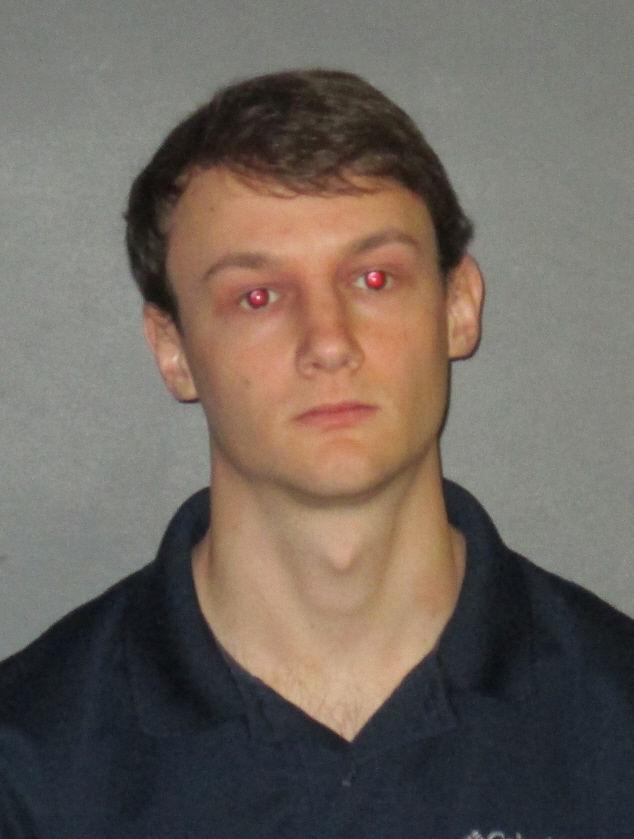Ex-LSU student Matthew Naquin, 21, wants his indictment for the negligent homicide of hazing victim Maxwell Gruver to be terminated due to a computer glitch keeping anyone born after June 2, 1993, from serving on grand juries or trial juries in the East Baton Rouge Parish.
Naquin’s attorney, John McLindon, filed a motion last week arguing that the jury selection process was flawed in Naquin’s case. The hearing on the matter is scheduled for June 28.
“It is my understanding that citizens under the age of 25 were excluded from the potential jury pool and were never given an opportunity to serve,” McLindon said Monday. “This issue is particularly important in our case because the case involves the conduct and actions of several people who were in that exact age group.”
The computer error prevented anyone born after 1993 from serving on grand juries or trial juries for over seven years.
The computer error was discovered this year during jury selection for a capital murder case from Caddo Parish. Following the discovery, the Louisiana Supreme Court ruled that East Baton Rouge’s jury pool was “improperly constituted” and ordered a new pool that included people born after June 2, 1993.
On Sept. 14, 2017, Max Gruver’s 29th day of college, he died from alcohol poisoning in the Phi Delta Theta house during a hazing ritual known as “bible study,” in which new pledges are forced to chug 190-proof Everclear if they answer questions incorrectly about the fraternity’s history and the Greek alphabet.
At the time of his death, Gruver had a .495 blood alcohol content, which is over six times the legal BAC to drive in Louisiana.
Phi Delta Theta has been banned from LSU until 2033 following Gruver’s death. Eight fraternity members and two former students in total were arrested in Gruver’s death, Naquin being the only indicted with negligent homicide.
The others, including Sean-Paul Gott, 21, Ryan Matthew Isto, 19, and Patrick Andrew Forde, 21, were charged on a misdemeanor hazing count, punishable by up to 30 days in jail.
Naquin was said to be the main aggressor of the hazing death in courts and did not want Gruver to become a member of Phi Delta Theta, according to witness testimonies from other pledges.
Since his indictment, the FBI unlocked his phone’s passcode in April following a long legal battle regarding Naquin’s Fifth Amendment privacy rights. The phone had hundreds of erased files from the time of and following Gruver’s death.
Naquin was indicted on negligent homicide for the death of Gruver in March 2018. His trial is currently scheduled for July 8, and he faces up to five years in prison if convicted.





